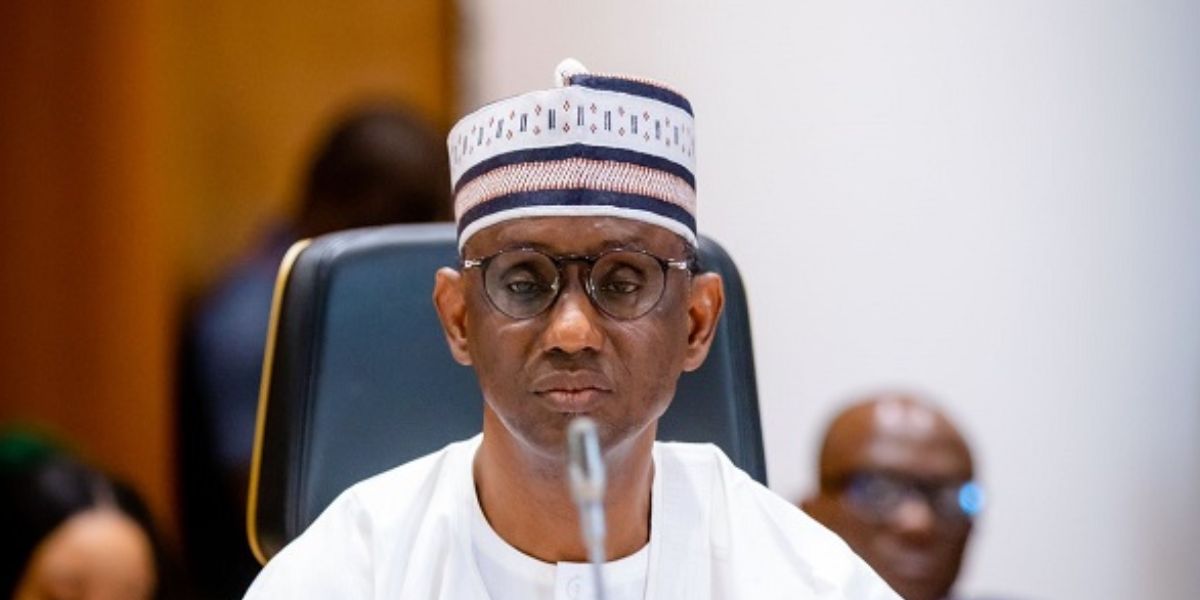


Terrorists using media publicity to recruit youths — NSA
…As Ribadu, Mohammed Idris preach responsible reporting
By Adeyanju Esther and Blessing Emmanuel, Abuja
The National Security Adviser (NSA), Mallam Nuhu Ribadu has revealed that terrorists are taking advantage of media publicity to recruit Nigerian youths to join their ranks.
Ribadu speaking at a two-day training workshop in Abuja titled ‘Effective Reporting Towards Strengthening Alternatives to Terrorist Ideology,’ alleged that the kind of reportage given to terrorist activities is making terrorism appealing to youths.
“Terrorist groups have continued to provide dysfunctional information through social media platforms, networking sites, and online propaganda including mainstream and traditional mediums of communication in such manner appealing for easy recruitment of many especially among the youths,” he explained.
“Information is power,” Ribadu stated, emphasising that the media must produce content that counters terrorist narratives and supports robust campaigns against terrorism and violent extremism.
He stressed the dual nature of information, which can either support state efforts or aid adversaries, and urged media practitioners to be mindful of their influence.
In the same vein, the Minister of Information and National Orientation, Mohammed Idris noted that: “The media holds immense power to influence minds, shape narratives, and promote peace.”
“In the fight against terrorism, the media can either undermine or bolster our collective efforts to provide alternatives to extremist ideologies. Through your reports, images, and commentaries, you have the unique ability to educate, inform, and inspire resilience among the public,” Idris said.
The Minister emphasised that terrorism is not only a physical threat but also an ideological battle. Extremist groups exploit vulnerabilities, spread fear, and propagate messages that present them as fighting for a social cause. To counter this, he urged journalists to offer compelling, positive alternatives that resonate with the same audiences targeted by terrorists.
“Your reporting plays a pivotal role in this endeavour,” he said.
“The media should continue to project successful initiatives and programs of NCTC and ONSA that counter radicalization as well as the rehabilitation and reintegration of repentant terrorists into the community.”
Minister Idris encouraged Defence Correspondents and Reporters to collaborate with security experts, sociologists, psychologists, and community leaders to provide a multi-faceted perspective on terrorism and its alternatives. He stressed the importance of using data and research to enhance the credibility and depth of their stories.
Furthermore, he reminded journalists to uphold the ethics of journalism by being objective and fair, avoiding sensationalism, respecting the dignity of victims and affected communities, and steering clear of biased or inflammatory language.
Sensational reporting, he warned, can inadvertently glorify terrorist acts and spread fear, while misinformation and fake news can be as damaging as terrorist acts themselves.
Minister Idris also reiterated the commitment of President Tinubu’s administration to free and responsible journalism, pledging continued support for journalists through access to accurate information, regular media briefings, and training opportunities like this workshop.
Meanwhile, Dr. Bosede Awodola, Director of the National Peace Academy at the Institute for Peace and Conflict Resolution (IPCR) echoed the same sentiments, noting that Nigeria’s peace and democracy are threatened by terrorist activities.
Awodola criticised the tendency of some media to sensationalise terrorism narratives, which can heighten public fear, and called for improved media practices to foster peace and security.
She further underscored the need for media practitioners to enhance their skills in conflict-sensitive reporting and peace journalism.
The workshop aimed to build media capacity to disseminate appropriate narratives that address extremist ideologies and support national security efforts. It also featured discussions on terrorism activities, current narratives, and the role of media in reducing tensions and fears.



